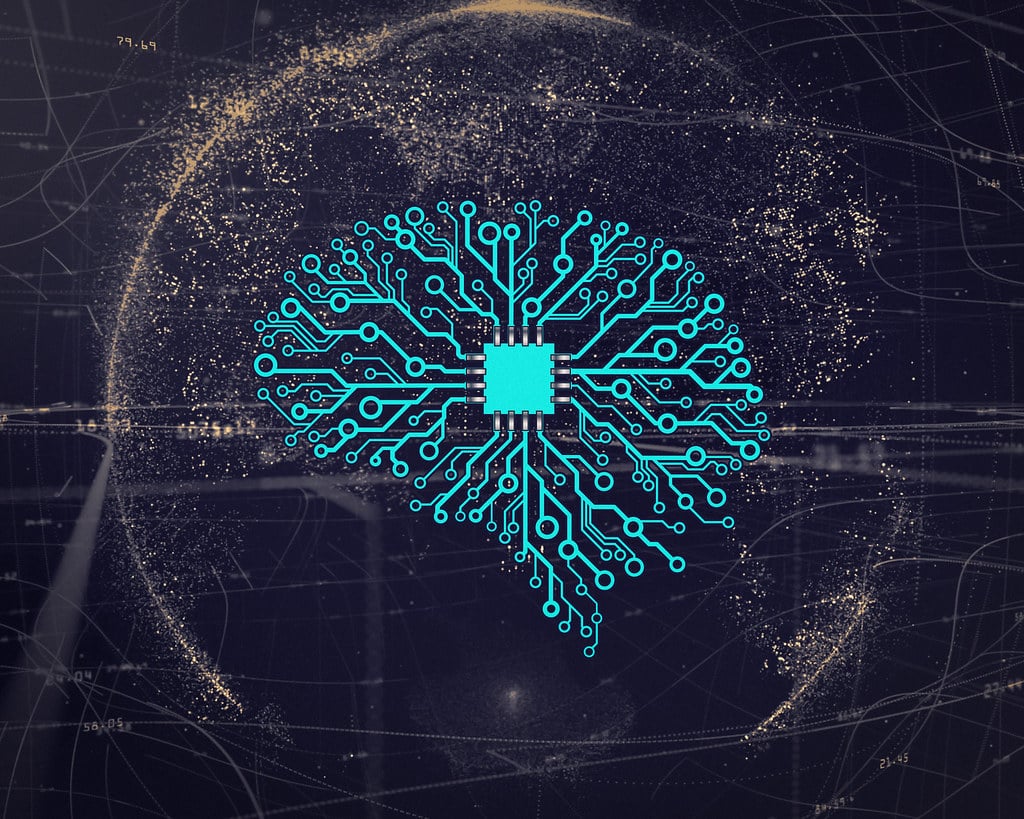Football With Artificial Intelligence
Football is a sport that is universally loved and adored by people from all walks of life. It is one of the most popular sports in the globe with around 4 billion fans. Its highly competitive nature instills a crazy frenzy in teams to try and win each and every game. As a result, football managers find it very challenging to devise successful strategies against their opponents.
For formulating these strategies, managers typically look at all kinds of data about their opponents. This includes data such as the playing style and formations of the opponent team, the strategy they followed in their previous matches, the pros and cons of each opponent player, the tactics used by their best players in difficult situations, etc. In recent years, managers have started employing innovative technologies to help them analyze this data and create winning formulae for their teams.
Football and Technology
For a long period of time, there was an aversion towards using any kind of technology in football. The International Football Association Board (IFAB) deemed that the “beautiful game” didn’t require the assistance of technology with in-game decisions. However, with a large number of refereeing errors in global events such as the 2010 FIFA World Cup, the IFAB decided to take a re-look at how technology could assist referees in making the right decisions.
Goal Line Technology (GLT) is one of the first technologies to be implemented in football. Introduced in 2012, GLT can help in accurately assessing if a ball has crossed the goal line or not.
Another popular technology that has been making waves in the footballing world is Video Assistant Referee (VAR). VAR can be used to review decisions made by the head referee with the use of video footage and a communication headset. This technology made its debut in the 2018 FIFA World Cup in a group stage match between France and Australia.
In the same world cup, a cool technology called Electronic Performance and Tracking Systems (EPTS) was introduced. EPTS, a tablet-based system, enables teams to share information with their coaches in real-time.
The Rise of Artificial Intelligence (AI)
In recent years, Artificial Intelligence and machine learning have seen a lot of traction in the footballing world. AI came to be associated with football for predicting the outcome of matches. By analyzing big data, machine learning algorithms have the capability to predict the success and failure of football games.
In 2017, UK-based sports betting company, Stratagem, built an AI-based system to predict the results of football matches. The system worked by pairing human analysts with deep neural networks. In the same year, another startup company called Unanimous AI made headlines when it successfully predicted the exact score of the National Football League’s Super Bowl results.
2018: A landmark year for AI in football
2018 turned out to be a landmark year for AI in football. The 2018 FIFA World Cup became the first global competition to incorporate the use of various AI-based technologies.
Telstar, the football used in the world cup, came embedded with an NFC (Near Field Communication) chip powered by AI. Using a smartphone, the chip enabled fans to interact with the ball along with other undisclosed advanced features.
Computer Vision, an AI-based tool, was extensively used in applications such as smart ticketing, video highlights, security, fine-grained control of devices such as cameras, etc. Even existing digital technologies such as GLT and VAR were made far superior, faster, and efficiently using AI.
Creating Winning Scenarios Using AI
AI is now being used by data scientists to help teams come up with spot scenarios and objective measures. AI-based intelligent algorithms have the capability to simulate a large number of events. This feature enables analysts to translate insights derived from the simulations. These insights can help in making recommendations to what will happen on the pitch.
This, in turn, helps coaches make informed decisions on players while preparing for an upcoming game. By analyzing the opposition’s historical data, AI can be used to determine tactics that can immensely help in selecting the right team for a particular game and eventually winning it.
Selecting the right team is the key
JUST ADD AI, a German-based AI company, helped a Bundesliga team win matches by selecting the right players. The company achieved this by building an AI tool that extracted insights from unstructured data and putting them in a single dashboard. IBM’s Watson AI was leveraged by the company for providing a deep perspective on players. Watson was trained to understand scouting reports and draw out the most relevant details.
Another interesting AI use case is injury prediction. What if football coaches could use AI to predict when their best players could get injured? This information would be highly valued when it comes to critical games. Last year, data scientists at the University of Pisa, Italy, developed a machine learning algorithm to predict injuries. The algorithm accurately predicted 9 out of the 14 injuries sustained by an elite Italian team in a single season.
In January this year, a London football club partnered with an AI firm called The Big Bang Fair. The partnership’s main aim was to install an AI “coach” that could help in selecting the team’s formations and tactics. Based on game results, the AI learned on the job by evolving its thinking over the course of a season.
Conclusion
AI and machine learning have enabled faster and better decision-making in the world of sports such as football. AI-powered algorithms can derive actionable insights that add even greater value to the players and coaching staff. Artificial Intelligence has unlocked many use cases that will be paramount for everyone involved in this beautiful game. The future seems bright for AI in football. It will be exciting to see the extent to which it is leveraged by teams to devise match winning scenarios.
To explore a career in Artificial Intelligence, click here.







